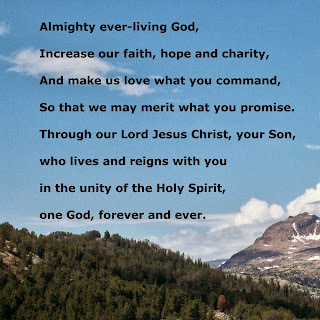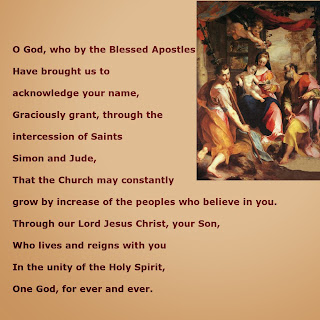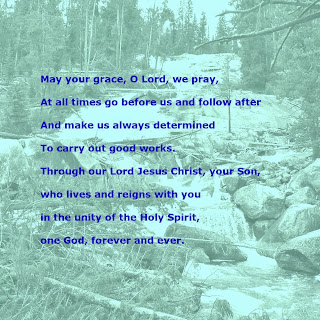For creation awaits with eager expectation
the revelation of the children of God;
for creation was made subject to futility,
not of its own accord but because of the one who subjected it,
in hope that creation itself
would be set free from slavery to corruption
and share in the glorious freedom of the children of God.
Critics of our faith who have a bent for astronomy like to point to the billions and billions of galaxies, and deride our confidence. How can a human creature boast of any significance or meaning in the face of such enormity?
I heard one fellow recently claim -- as a mathematical certainty but without a shred of proof -- that there are gazillions of planets identical to earth in the infinite multiverse. In fact there are other readers identical to you, and writers like me, who are reading and writing precisely the same text. It makes sense to him. And, though he was on the radio and it was hard to tell, he seemed to make this claim with a straight face!
Saint Paul presents a very different vision of creation. The word implies a creator, which the comedienne qua mathematical astronomer also dismisses without a shred of proof. The Apostle sees God's creation paying close attention to God's children. It watches with eager expectation for our maturity in grace and our rising with the Risen Lord. Unlike the skeptical scientist, we rely on the Word of God rather than mathematical certainty or credible proof. But we do have experience of both human and divine fidelity, and we know the world we have built depends upon the fidelity of its creators.
We take our place in God's creation because we are not subject to futility. Yes, we've engaged in futile projects. Sinners that we are, we have invested much time, energy, and some money in projects in which God had no interest. We thought they were important. But we have learned through disappointment to listen to the Spirit of God and seek direction from the Creator even as we carry the crosses assigned by our Redeemer.
We find that caring for the least among us -- the poor, the elderly, the sick and infirm, and the despised of the earth -- is work worth doing. It doesn't pay well; and is sometimes thankless; but the impulse is divine and that is very satisfying. In fact, all creation is delighted by our work as it fits and makes sense in God's plan. It is, to use His favorite word, good.
















